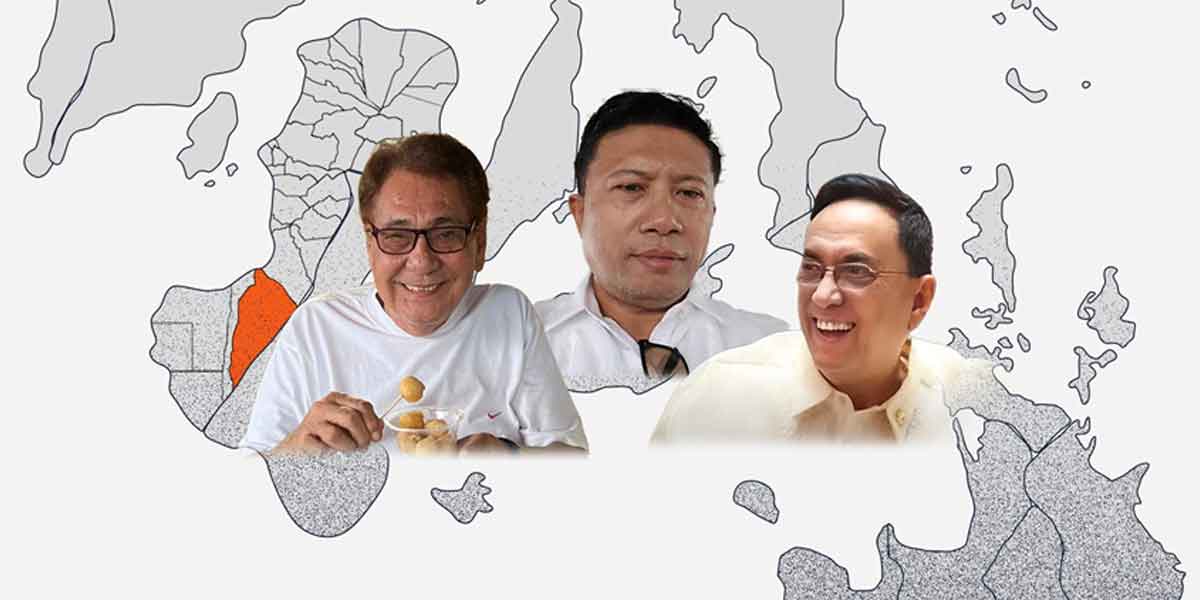By Dr. Herman M. Lagon
Habal habal rides have emerged as a vital mode of transportation in remote areas of the Philippines, providing a much-needed service where public transportation is scarce or non-existent. While these single motorcycles offer convenience to commuters, the issue of overpricing has become a growing concern, particularly for resource-limited passengers who heavily rely on these rides in their daily lives.
Considering mileage and other operational costs, the reasonable fare for a habal habal ride typically stands at P10 per person for a 1 to 2-kilometer journey. However, it is unfortunate that some drivers have resorted to overpricing, charging P20 or even P30 per person, effectively doubling, even tripling, the standard fare. This practice has understandably caused frustration among passengers, particularly students who operate on limited budgets.
Setting aside equally-valid concerns on franchise and taxes, it is crucial to question whether these drivers should be permitted to charge such excessive amounts. Are they not subject to scrutiny from local officials and the Land Transportation Franchising and Regulatory Board (LTFRB)? Shouldn’t this be considered a form of extortion, as passengers are left with no other viable options?
It is important to recognize that habal habal drivers are not equally regulated by the LTFRB, unlike other forms of public transportation. Consequently, we can say in many cases that most enjoy the freedom to set their own fares, leading to discrepancies in pricing. While some drivers adhere to the standard fare, others take advantage of their passengers’ transportation needs and charge unreasonably high amounts.
Overpricing in habal habal rides is not merely an inconvenience; it is a matter of social justice. This practice disproportionately affects the economically disadvantaged, particularly students who have limited access to alternative modes of transportation and are compelled to rely on these rides to reach their educational institutions or workplaces. Moreover, overpricing fosters a culture of impunity, wherein drivers feel entitled to charge whatever they desire, disregarding the impact on their passengers.
To tackle this issue, it is crucial for local officials and the LTFRB to consider regulating habal habal rides and establishing a reasonable and fair standard fare that benefits both drivers and passengers. This can be achieved by implementing measures such as mandatory registration and permits for drivers, adherence to regulated and fair fares, and the enforcement of penalties for those who engage in overcharging. Furthermore, public education campaigns should be initiated to inform passengers of their rights and encourage them to report instances of overpricing. Additionally, passengers can be empowered to write petitions to their local or barangay officials, urging them to take necessary actions.
In conclusion, addressing the problem of overpricing in habal habal rides requires a comprehensive solution. While these rides serve as a valuable transportation service for remote communities and drivers also deserve to earn a living for their families, the issue of overpricing must be confronted to safeguard passengers from exploitation. Through regulation and the promotion of fair pricing practices, local officials and the LTFRB can help foster social justice by ensuring fair rates and ensuring that everyone has access to affordable transportation.
***
Dr. Herman Lagon fondly describes himself as a ‘student of and for life’ who, like many others, aspires to a life-giving and why-driven world that is grounded in social justice.
























